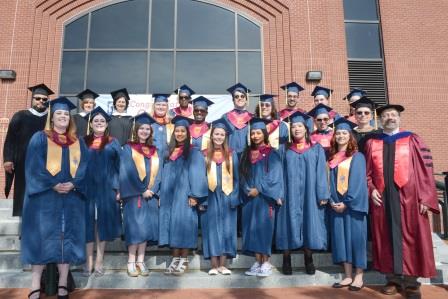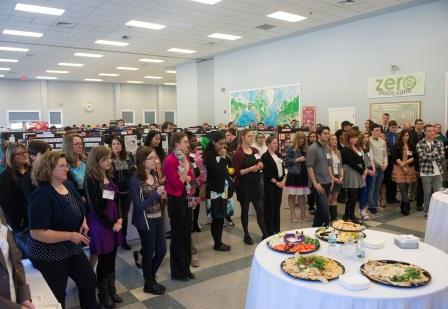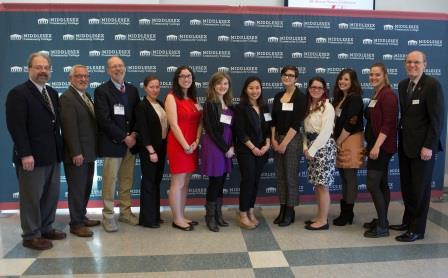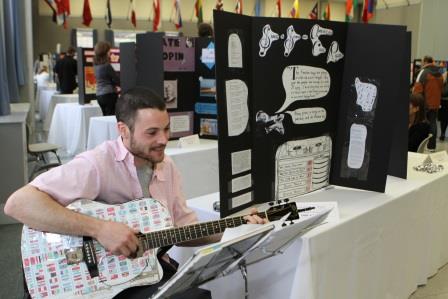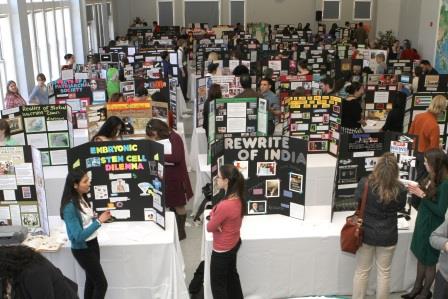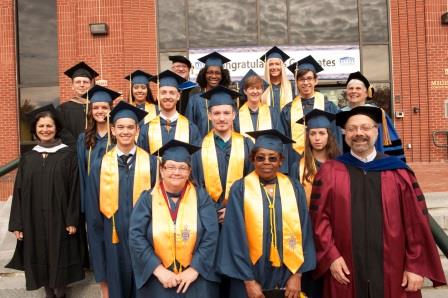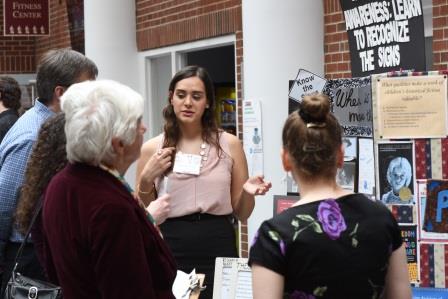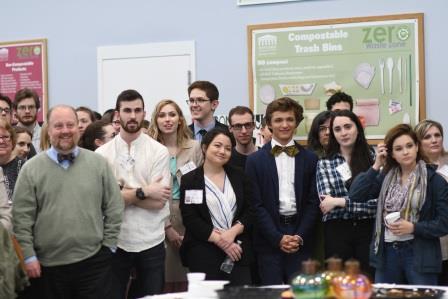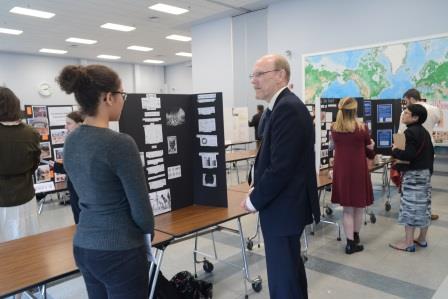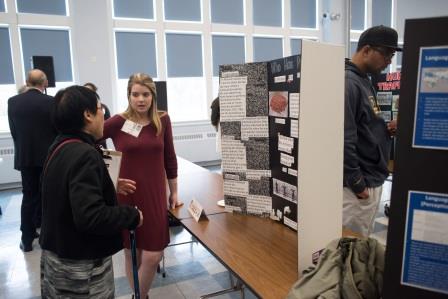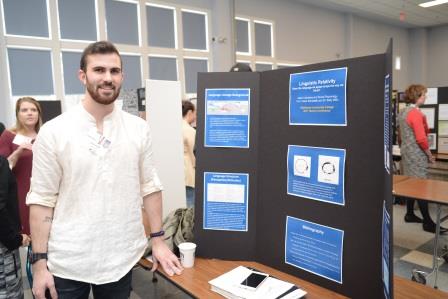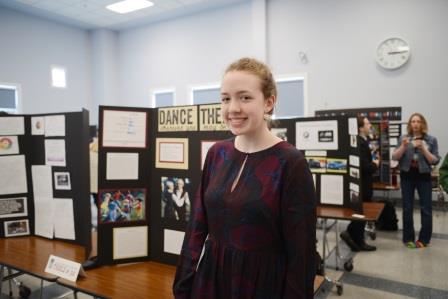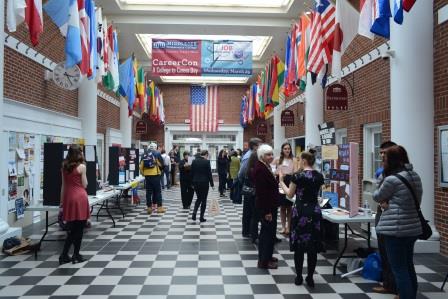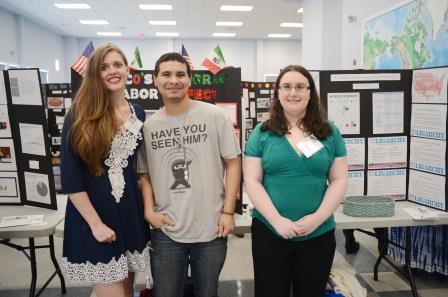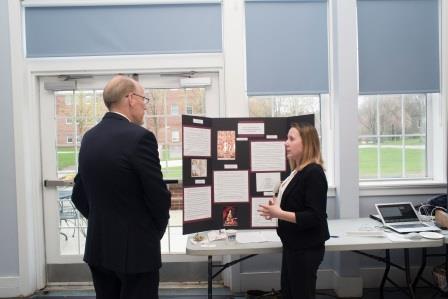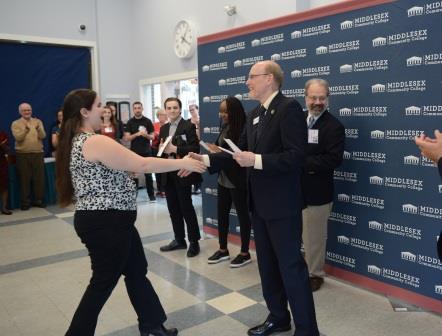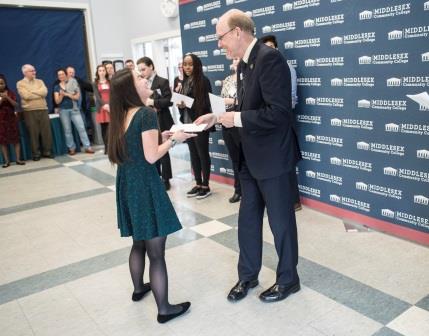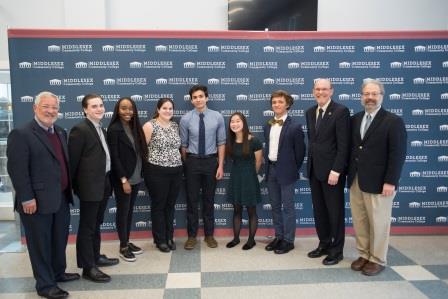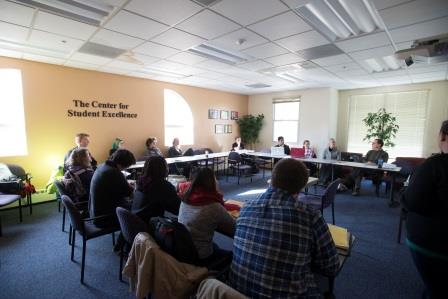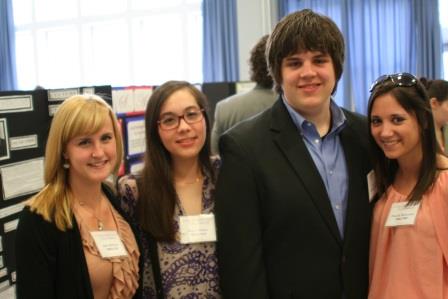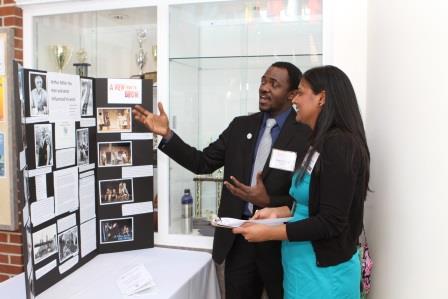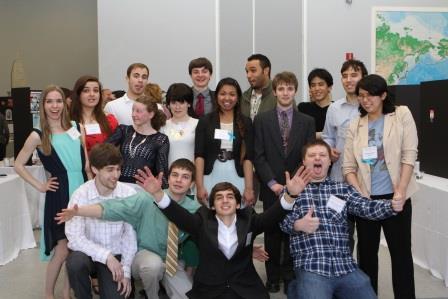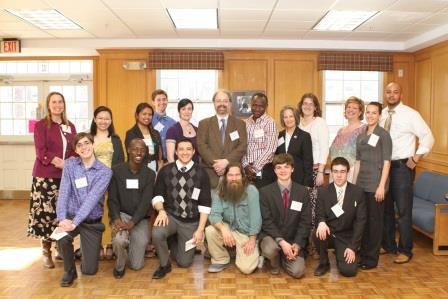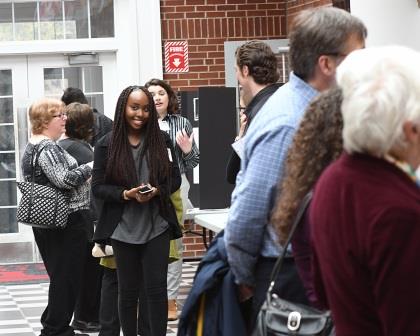Commonwealth Honors Program
Learning Comes Alive Here
- Commonwealth Honors Program
- FALL 2024 HONORS COURSES
- Program Requirements
- Program Benefits
- Honors Transfer Information
- Honors Maps
- Mission Statement
- Values, Benefits, Expectations
- CHP Speaker Series/Events
- Honors in the News
- Honors Faculty
- Study Abroad Opportunities
- Research Conference
- Library Resources
- FAQ
Seminars and Courses
Use the Course Search tool for the most updated course description information.
Honors Seminars:
SOC 294 Globalization: This interdisciplinary seminar analyzes the meaning of globalization and the variety
of ways that economic, political, and cultural forces shape our interdependent world.
It also examines transnational capitalism, patterns of resistance, and theories of
globalization.
SOC/HUM/PHI 299 Postcolonial And Diaspora Studies Seminar: This course will connect the studies of race, ethnicity, indigeneity, colonialism,
empire, transnational migration, and diaspora across national, hemispheric, transnational,
and global frames. This course will draw knowledge from struggles for social justice
and political sovereignty, with attention to class, gender, sexuality, disability,
religion, caste, and other kinds of social difference and hierarchy. This course draws
on insights and methodologies from multiple disciplines, yoking together the interdisciplinary
fields of Critical Race Studies, Critical Indigeneity Studies, and Postcolonial Studies
of the Global South, and involves deep inquiry into the contestations, resistances,
contradictions, and dialectics of social power, and the Indigenous, Black, and Global
South futures that emerge as a result.
HST/HUM/SOC 290 World Cultures: This interdisciplinary seminar examines selected world cultures within the context of their literary, historical, religious and philosophical traditions. It also examines the origins and contemporary context of ethnocentrism and racism.
HST/COM 292 U.S. History through Film: This course explores the relationship between U.S. history and films throughout the 20th and 21st centuries. The effects of the film industry on public perceptions of U.S. history, as well as society’s influence on films will be explored using a critical lens. The course is dynamic and will focus on a different theme each semester such as race, gender, sexual orientation, religion, capitalism, or politics.
NUR 205 Nursing Care of Adult I: In this course the student begins to integrate knowledge of medical/surgical and bio-psycho-social nursing concepts into the holistic perspective of patient-centered care. The focus is on the continued development and integration of the Core Competencies© of the professional nurse as they apply to the adult client with common acute and chronic/persistent physical and/or mental health problems.
NUR 255 Nursing Care of Adult II: In this course the student continues to develop and become proficient in the Core Competencies© related to the comprehensive care of adult clients, families, groups, and communities with complex acute or chronic/persistent health problems. Additional focus is on the competencies related to beginning leadership, management, and collaboration skills within a variety of health systems.
Honors Courses:
CHE 251 Organic Chemistry I and Lab: This course studies the chemistry of hydrocarbons and their derivatives. Topics
include: nomenclature, conformations, reactions, mechanisms, and physical properties.
Other topics investigated are stereochemistry, substitution and elimination reactions
and mechanisms. Spectroscopy including infrared, mass spec, nmr and UV-vis will be
studied. Laboratory includes classical techniques of separation and identification
of organic compounds as well as modern techniques of analysis.
MAT 177 Statistics: A general statistics course, which includes understanding data, measures of central
tendency, measures of variation, binomial distributions, normal distributions, correlation
and regression probability and sampling distributions, Central Limit Theorem, confidence
intervals, estimates of population parameters and hypotheses testing. Interpretation
and data analysis are emphasized.
ENG 101: English Composition 1 focuses on developing students’ academic writing, close reading, and critical thinking skills. Using a writing process that includes pre-writing, drafting, instructor and peer feedback, and revision, students will produce written essays with arguable thesis statements and appropriate use of standard English. Students will produce a total of 18-24 pages of formal polished writing in three or more source-based essays.
ENG 102: Building on skills learned in English Composition I, students will sharpen their academic writing, close reading, and critical thinking skills, as well as develop research skills. Using a writing process that includes pre-writing, drafting, instructor and peer feedback, and revision, students will produce thesis-driven, evidence-based essays that employ appropriate rhetorical strategies. In English Composition 2, students will be introduced to at least two documentation styles and will produce a total of 18-24 pages of polished formal writing in three or more source-based essays.
ENG 140 Early World Literature: This course introduces students to a survey of major literary works from the classical world through the 16th century. Readings will feature various literary genres and themes, with an emphasis on gaining insights into the foundations of our contemporary global civilization. Selections vary and may include the Bible, ancient Greek drama, Buddhist and Asian philosophies, medieval literature, and major figures such as Lao Tzu, Rumi, Shakespeare and others.
ENG 141 Modern World Literature: This course introduces students to a survey of the literary and philosophical influences from the 17th century through modern times. Selections vary and may include Voltaire, Pushkin, Wu Cheng’en, Esquivel, Lahiri and others.
ETH 101 Ethics and Society: An introductory study of traditional and contemporary ethical philosophies and an analysis of how they apply to the chief moral issues of our time. Students in the course explore such moral virtues as courage, compassion and generosity, as well as moral vices like greed, envy, and hypocrisy. Relevant moral issues such as abortion, euthanasia, and our obligation to feed the poor are discussed.
HUM 104 Myths: Asks how myths came about and why they exist. Readings from the ancient cultures of Rome, Greece, Egypt and Mesopotamia, as well as an exploration of the myths of the North American Indian and Asian peoples.
SOC/HUM/COM 143 Race, Class, and Gender: This course examines the multiple and intersecting ways in which concepts of race, ethnicity, gender, sexuality, social class, disability, and religion are socially constructed and how they shape society, social interactions, and individual life-chances. This course further explores how socially constructed categories might inform, reproduce, and challenge existing power relationships of privilege and oppression. It draws knowledge from feminist, queer, disability, indigenous, critical race, and postcolonial practices and theories.
PSY 101 Introduction to Psychology:This course introduces students to the scientific study of the mind and behavior and to the applications of psychological theory to life. Topics include: research methods, biopsychology, lifespan development, memory, learning, social psychology, personality and psychological health and disorders. This course will establish a foundation for subsequent study in psychology.
